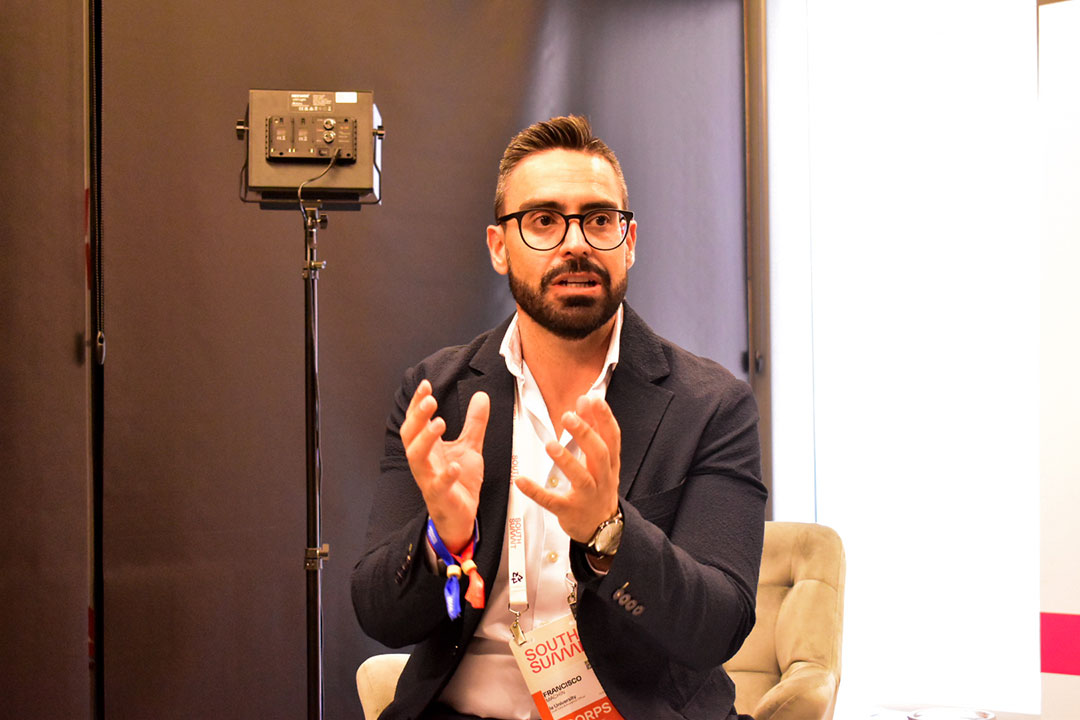
on June 5. — BEATRIZ MARIE D. CRUZ
By Beatriz Marie D. Cruz, Reporter
MADRID, Spain — Philippine organizations must regulate employees’ use of open-source artificial intelligence (AI)-powered tools to prevent data leakage, according to an expert.
“All organizations need to take care about the concept of data leakage. Data leakage happens always whenever you are using an open website,” Francisco Machín, chief data and analytics officer at IE University, told BusinessWorld on the sidelines of the South Summit Madrid 2025 on June 5.
“You need to [prevent] your employees from using these open websites. So, you need to provide your staff with another way of doing [work using AI-run apps].”
About 32% of information technology (IT) decision-makers reported accidental exposure of security vulnerabilities due to their use of open-source AI components, according to a 2024 report by Anaconda AI Platform and ETR (Enterprise Technology Research).
Open-source solutions like DeepSeek and OpenAI have gained popularity for their ability to help individuals and companies build customizable and cost-efficient AI solutions. However, data privacy and security concerns have led some jurisdictions to ban the use of these platforms.
Mr. Machín said that to regulate employees’ use of AI-driven apps, companies can sign service agreements with OpenAI or cloud providers to put in place advanced security and data protection features.
These kinds of frameworks must form part of organizations’ management strategies to allow them to tap into the benefits of AI while ensuring ethical and safe use.
“Without the roots, all the projects that you are doing could be just ‘one hit wonders,’” he told reporters separately at the same event. “But, if you want to do a long-term AI strategy, you need to have your foundations clear and well-defined.”
According to Mr. Machín, training individuals on AI use must start in school.
IE University, a private university based in Madrid, is among the first academic institutions to integrate OpenAI tools across their ecosystems.
“Education is about the people… We need to embrace this technology to [enable] us to be better instructors and better persons at the end of the day,” Mr. Machín said.
At IE, each student receives an AI certification and access to ChatGPT Edu, a version of ChatGPT specifically built for students, faculty and staff.
Their undergraduate and post-graduate students take specialized training courses called “AI for Productivity” and “AI 101” that tackle ethical AI use, critical thinking, and responsible application of AI technologies.
“We try to help professors embrace this technology, to allow students to embrace this… This is not to substitute anyone — it’s about augmenting us,” Mr. Machín said.
The Philippines’ Generative AI market is projected to reach a volume of $1.40 billion by 2030, according to German data platform Statista.